Hello fellow container home enthusiasts! I’m Emily Owens, your go-to source for all things container homes. Today, we’re diving into the age-old debate of urban versus rural settings for container homes. Whether you’re a city slicker or a country dweller, there are unique advantages and disadvantages to consider when deciding where to place your container abode. So, grab your favorite recycled coffee cup, and let’s get down to it.
Urban Container Living
Pros
Access to Amenities
- Living in the city means you’re just a stone’s throw away from restaurants, cafes, grocery stores, and all the conveniences of urban life. No more long drives to get your daily latte fix!
Public Transportation
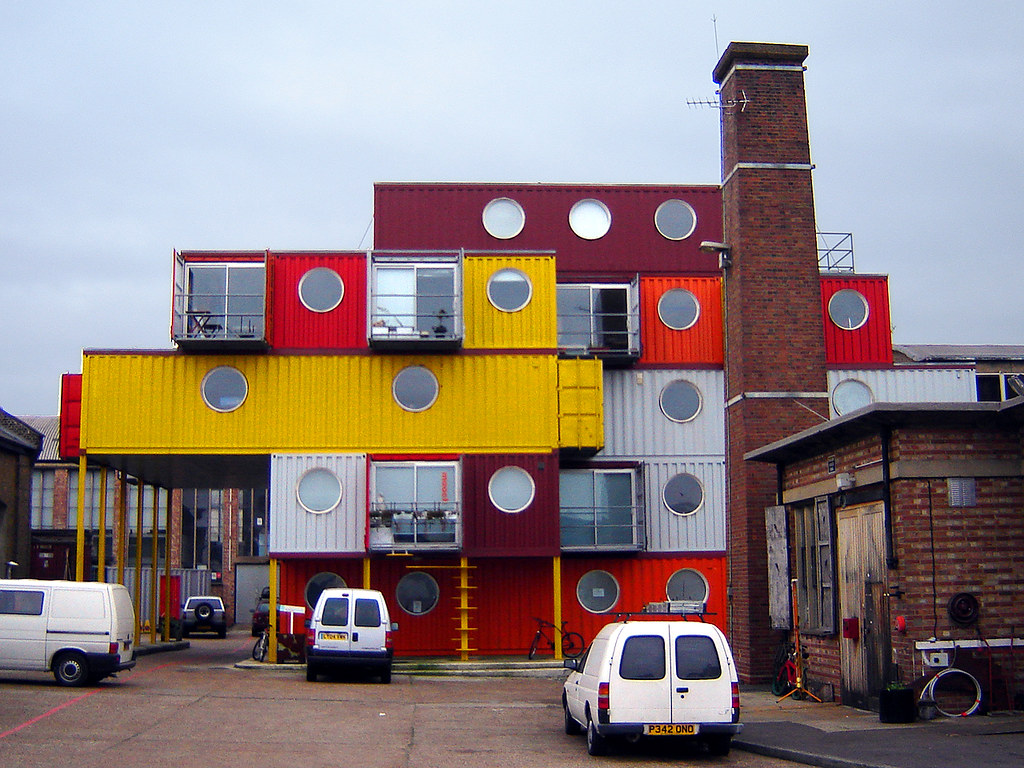
- Urban container homes often come with easy access to public transportation, reducing your carbon footprint and saving you money on commuting.
Job Opportunities
- Cities are hubs of economic activity, offering a wide range of job opportunities. If you’re career-focused, urban living might be your ticket to professional success.
Cultural and Social Scene
- The city never sleeps, and neither does its social scene. From art galleries to music venues, you’ll have a plethora of cultural and entertainment options right at your doorstep.
Infrastructure
- Urban areas generally have robust infrastructure, including reliable utilities and services. You won’t have to worry about power outages or water shortages.
Cons
Cost of Living
- The concrete jungle often comes with a hefty price tag. Urban container living can be expensive due to high land and property costs.
Limited Space
- Space is a premium in the city, and container homes might not offer as much square footage as you’d like. Get ready to embrace minimalism
Noise Pollution
- Urban areas are notoriously noisy. If you’re a light sleeper or prefer a peaceful environment, city living might not be your cup of tea.
Zoning Regulations
- Dealing with city regulations and permits can be a bureaucratic nightmare. Make sure you’re well-versed in local zoning laws before you commit.
Lack of Greenery
- Finding a garden spot can be a challenge in the city. If you have a green thumb, you might miss the tranquility of rural gardens.
Rural Container Retreats
Pros
Peace and Quiet
- Rural living offers serenity and a break from the hustle and bustle of city life. Birds chirping and crickets singing are your new neighbors.
Affordability
- Land prices in rural areas are often more budget-friendly, making it easier to buy your own slice of paradise.
Space Galore
- Say goodbye to cramped quarters! Rural container homes usually come with ample space for gardens, workshops, or even a chicken coop.
Connection to Nature

- If you’re a nature lover, the countryside is your playground. Hiking, stargazing, and wildlife sightings are part of your daily routine.
Self-Sufficiency
- Rural living encourages self-sufficiency. You can grow your own food, collect rainwater, and harness solar power for off-grid living.
Cons
Limited Amenities
- Be prepared for longer drives to access basic amenities like grocery stores, healthcare facilities, and restaurants. Stock up on non-perishables!
Isolation
- Rural living can be isolating, especially if you’re used to the constant buzz of the city. Making new friends might require a bit more effort.
Commuting
- If you still need to work in the city, commuting can be a daily challenge. The charm of rural living might wear thin after a long commute.
Limited Job Opportunities
- Rural areas typically have fewer job options, especially in specialized fields. Remote work is a potential solution, but not all jobs can be done from afar.
Infrastructure Challenges
- Rural areas might lack reliable internet connectivity and other modern infrastructure. Consider these factors if you depend on technology.
The Bottom Line:
So, which setting is better for your container home? The answer depends on your lifestyle, preferences, and priorities.
If you crave the vibrancy of city life, don’t mind the hustle and bustle, and have the budget to match, urban container living might be your ideal choice.
On the other hand, if you’re seeking tranquility, affordability, and a stronger connection to nature, then a rural container retreat might be your dream come true.
Ultimately, the beauty of container homes lies in their versatility. Whether you opt for an urban or rural setting, you’ll be making a unique statement about sustainable living, recycling, and embracing a minimalist lifestyle.
Remember, there’s no right or wrong answer here—just the adventure of choosing the setting that suits you best. Happy container dwelling, my fellow eco-conscious adventurers!





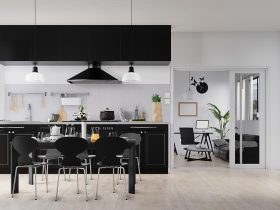





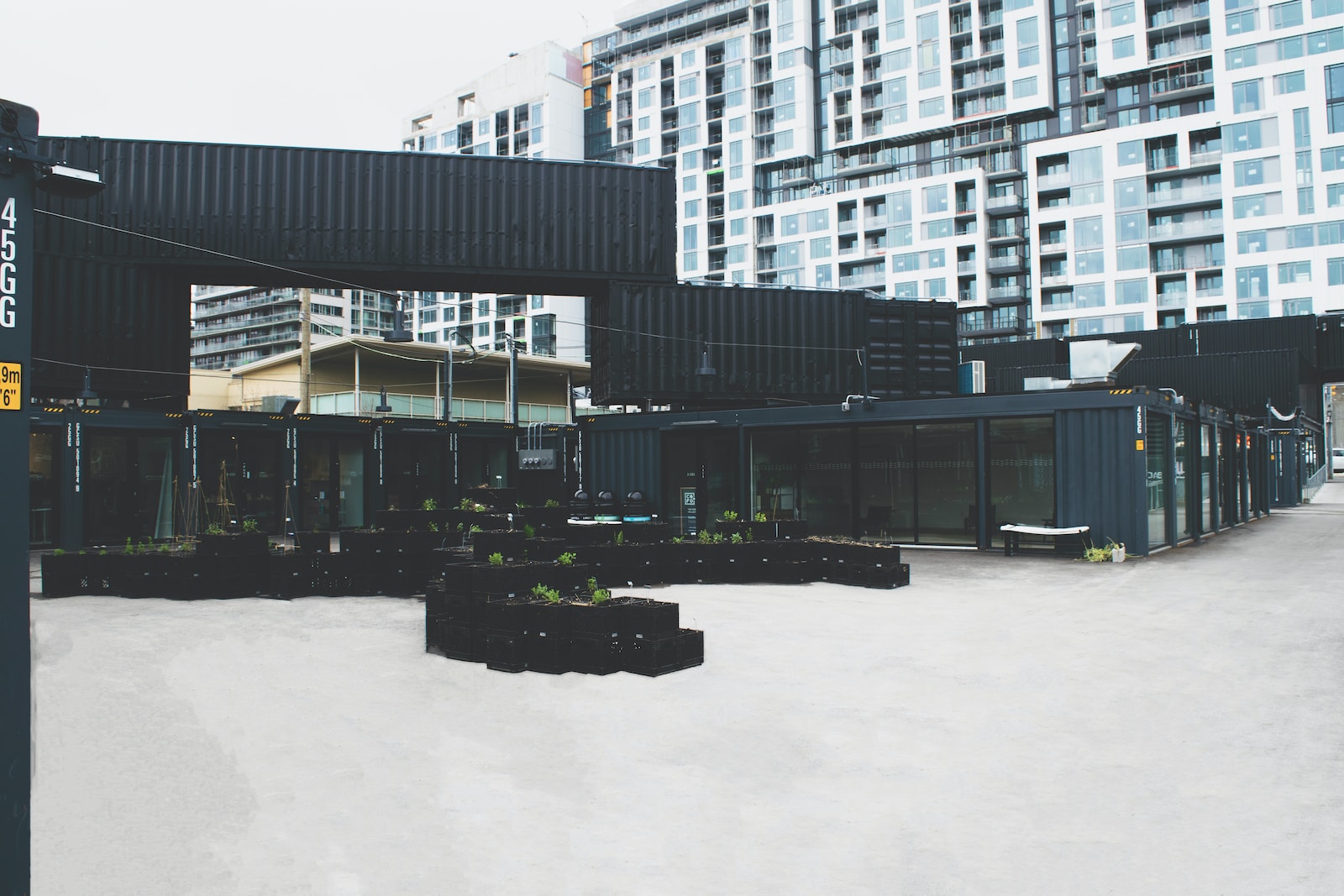

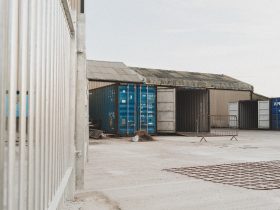




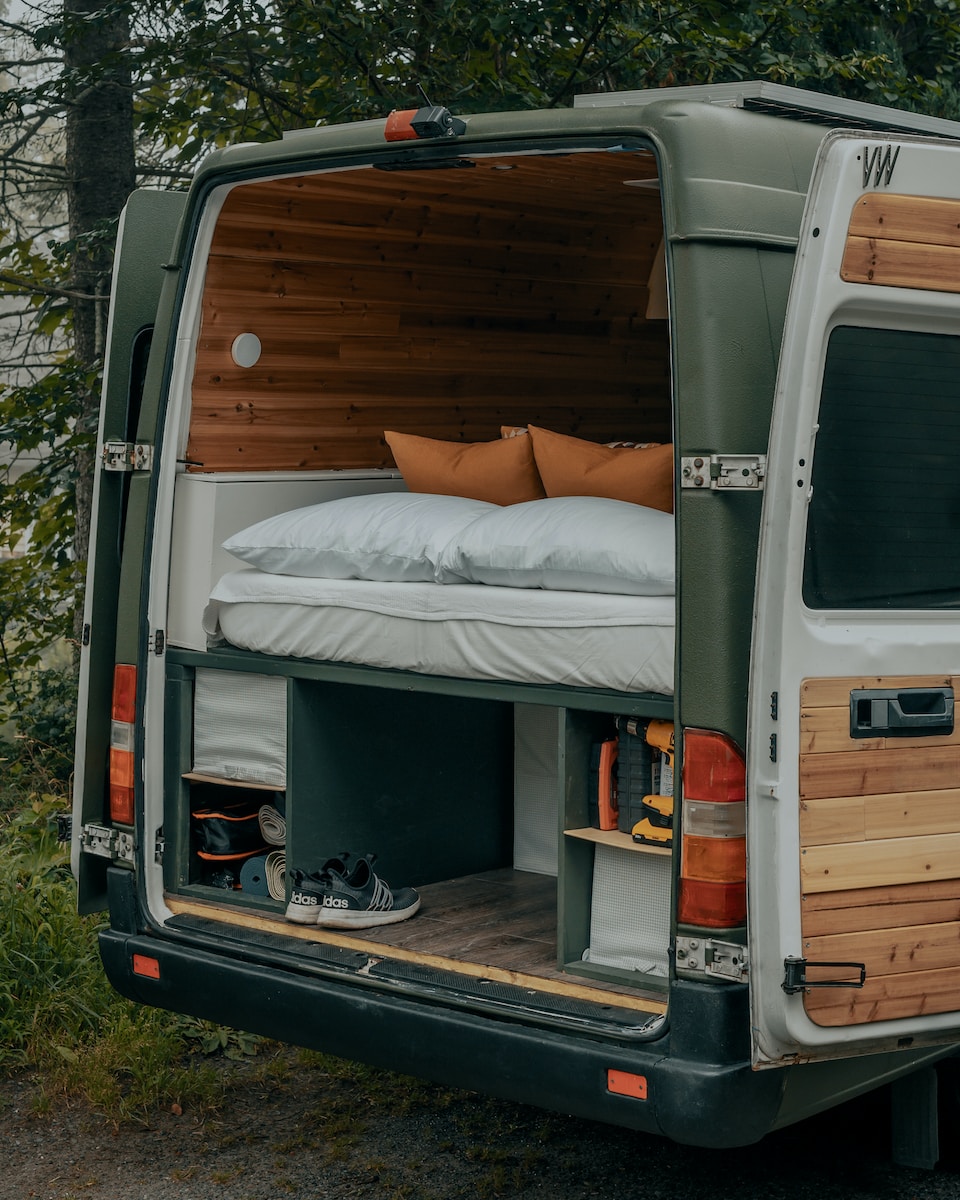


Find Us on Socials